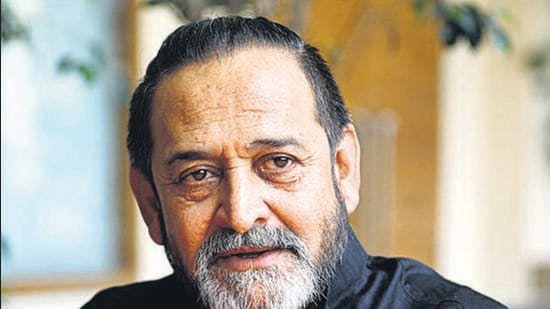The National Commission for Protection of Child Rights (NCPCR) has ordered police to initiate legal proceedings against two film producers for using children in obscene scenes in their films/ OTT series. The errant producers including well-known Marathi producer-director Mahesh Manjrekar will be booked under the Protection of Children from Sexual Offences (POCSO) Act, NCPCR chairperson Priyank Kanoongo said on Friday.
The commission has also ordered the state government to immediately shift 34 children from dilapidated shelter homes to safer places, Kanoongo told reporters at the end of day-long visit by commission members to Mumbai.
During their visit, NCPCR members held meetings with various departments related to child protection and welfare, including the women and child welfare department and the police.
“We have issued new guidelines for the safety of children working in the entertainment industry and have ordered the police to file an FIR against the producer-director of Bombay Begums for filming scenes showing children consuming narcotics,” noted Kanoongo.
The second case where the NCPCR has ordered legal action involves the use of child artistes in filming sexual scenes in Nhi Varan Bhat Loncha, Kon Nhi Konacha, directed by Mahesh Manjrekar.
“We came to know that the censor board had objected to the scenes in the film and have ordered the police to initiate action against the various people involved in it,” said Kanoongo.
He also noted that the condition of shelter homes in Sion was very dangerous.
“The slab can collapse any time. So, we have ordered the state government to shift the children immediately,” said Kanoongo.
Meanwhile, the commission has taken serious note of the attempts at conversion of children in Ahmednagar district and has suggested that the CBI probe the matter. It has also asked the state government to shift the Superintendent of Police in the district during the investigation period.
Kanoongo also spoke in favour of the ongoing mapping of madrassas in the country. He said the commission was committed to protecting children’s right to education and the mapping of madrassas was necessary as most madrassa students did not have access to formal education.



